Food Routes

ERASMUS-EDU-2023-CB-VET Capacity building in the field of Vocational education and training (VET).
2023-1-ERASMUS-EDU-2023-CB-VET-101129241
12/2023 - 12/2026 (36 months)
399,970€
Italy, Greece, Tunisia, Germany, Morocco,
https://www.foodroutes.eu/
Follow the project on Social Media
Food Routes
The Food Routes project is designed to improve the vocational education and training (VET) ecosystem in the Maghreb region, particularly in Tunisia and Morocco. The project aims to empower both young people and VET staff in the gastronomy sector by promoting entrepreneurship and work-based learning. Through this initiative, new opportunities for employability and economic development will be created, aligning with the demands of local markets and global industry trends.
The main goal of the Food Routes project is to establish a more adaptive and inclusive VET framework, equipping young learners and educators to fully engage with the socio-economic potential of the gastronomy industry. By fostering stronger collaboration between educational institutions and businesses, the project will enhance employability, encourage entrepreneurial thinking, and contribute to the socio-economic recovery of the region.
Specific objectives of the project
The specific objectives pursued are:
- To bridge the gap between the existing needs and the current skills of maritime cluster managers in order to ensure the qualification of human resources and to design a new professional profile that will increase the competitiveness of the Mediterranean maritime cluster and the overall promotion of innovation and sustainable growth in the blue economy sector.
- Establish a sustainable system of co-operation between research institutions/education providers and maritime clusters and industry, enabling Mediterranean maritime clusters to become drivers of innovation and sustainable growth in the Blue Economy Sustainable growth in the region and beyond.
Expected Results
The project will deliver a set of innovative and sustainable outcomes, such as:
- A comprehensive gap analysis report on the skills required for upskilling and reskilling in key sectors, tailored to meet evolving market demands.
- A training system that introduces innovative methodologies for building capacity in vocational training providers, ensuring they are equipped to address sectoral needs.
- Open Educational Resources (OER) that are designed following universal accessibility standards, ensuring inclusiveness across diverse educational environments.
- Targeted recommendations for improving vocational training and capacity-building strategies, aimed at fostering collaboration between vocational education providers and industry stakeholders.
- Project Activities
The project is structured around several work packages (WPs), each comprising tasks that help plan, manage, and execute the project’s objectives. Each WP outlines the specific activities, deliverables, and timelines essential to achieving the desired project outcomes.
Key work packages include:
WP1: Project Management
Focuses on coordinating project activities, ensuring quality, and monitoring progress through structured communication and reporting.WP2: Skill Gap Analysis
Activities:
A 2.1 Desk research on skill gaps
A 2.2 Compilation of competencies for gap measurement
A 2.3 Conducting gap surveys
A 2.4 In-depth interviews with stakeholdersWP3: Development of Training Methodologies
Activities:
A 3.1 Design and preparation of curricula
A 3.2 Creation of an e-portfolio for learners
A 3.3 Development of an accessible training platform
A 3.4 Evaluation methodology design for training outcomesWP4: Pilot and Practical Training
Activities:
A 4.1 Development and delivery of training content for trainers
A 4.2 Implementation of pilot online training sessions
A 4.3 Study visits for practical exposure
A 4.4 Training program assessment and accreditationWP5: Stakeholder Mobilization and Recommendations
Activities:
A 5.1 Clustering activities at regional, national, and EU levels
A 5.2 Events to engage stakeholders and build consensus
A 5.3 Gathering feedback to inform strategic recommendations


